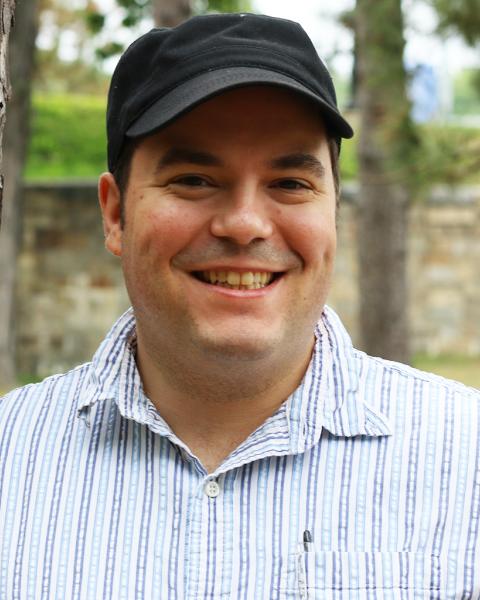When Molly Donovan was conducting outreach work for the New Hampshire Wildlife Action Plan a few years ago, she conducted interviews with stakeholders across the state. The plan required input from a diverse array of Granite Staters about what wildlife and natural resources meant to them. As part of the project, Donovan, a community economic development state specialist with UNH Cooperative Extension, interviewed families with low incomes.
“So many of those families said that their dream is to go to the White Mountains,” Donovan said. “Many of us can go to the White Mountains whenever we want. But others can’t, and that’s why it’s vital to focus on equity and inclusion and reaching out to different audiences.”
Donovan shared this story on a recent rainy Thursday morning in Dover during the latest session of UNH Cooperative Extension’s Community Engagement Academy. A collaboration between UNH and the University of Maine, the Engagement Academy is an interactive three-day academy for community development professionals and citizen volunteers. The sessions focus on cultivating best practices for engagement, helping community leaders develop engagement tools and training leaders in equity and inclusion. Those skills are increasingly important, as many New Hampshire communities are working toward revitalizing downtowns, preparing for climate change and other challenges.
That morning’s discussion on diversity, equity and inclusion was wide ranging. One participant pointed out that diversity includes race, culture, spiritual background, economics, and many other factors. No matter what a community may look like on the surface, underneath is a wealth of diverse perspectives, unique needs and various opportunities.
“All communities need different things, but they also have different assets,” Sharon Cowen, a community and economic development field specialist with UNH Extension, told the participants.
Each Community Engagement Academy session helps community leaders identify those needs and assets. Hands-on activities, downtown tours, group discussions and advice from Extension experts help participants learn the ideas behind community engagement and develop practical skills to bring back to their communities and organizations.
“It’s really exciting to have UNH take the initiative and showcase the cities and towns that are making efforts toward community engagement,” said participant Sarah Ward, of the nonprofit advocacy group New Futures. “It’s important that we bring up new leaders in our communities. And in advocacy work, it’s important to have under-represented voices heard in our efforts.”
Later in the afternoon, Engagement Academy attendees went on a walking tour of downtown Dover and received an up-close look at how even small-scale events like weekly art walks have made a big impact on community engagement. The sessions have been especially illuminating for Fred Endler, a Pittsfield resident and member of his town’s community development committee.
“I’m not trained in any of these methods, so being able to gain the tools to help someone feel as if their idea was heard and has value is great,” he said. “Through the Engagement Academy, I’ve discovered new approaches.”
Most of all, Endler said taking part in the program has validated for him the importance of bringing together diverse groups in his town.
“You can’t have too much separation between the older retirees on fixed incomes, or the people with low incomes, or blue-collar workers, or retired people with big pensions. Sometimes they all separate into camps,” he said. “You’ve got to bring them together as people.”

